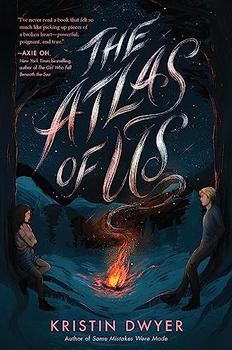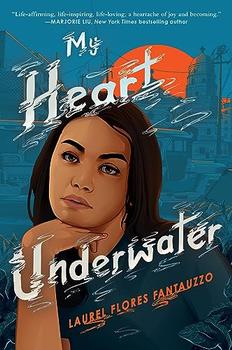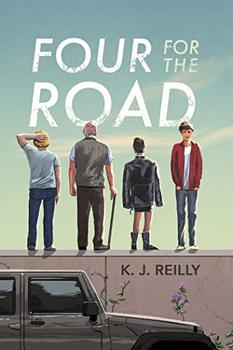Summary | Excerpt | Reviews | Beyond the book | Read-Alikes | Genres & Themes | Author Bio

Despite her name, Atlas James feels like she lacks a road map for her future. In the months since her dad died from cancer, Atlas has entirely lost her way. She's been kicked out of high school and fired from her job; without a clear path forward, she volunteers for the Bear Creek Community Service program in the western Sierra Nevada mountains. The program, run by Joe, one of her dad's oldest friends, offers, among other things, an option for teens assigned court-mandated community service hours. Atlas doesn't fall in that category, but she does need a fresh start, and hard physical work to focus on while also honoring the memory of her dad, who adored hiking in these mountains and dreamed of coming back with Atlas someday, before his time ran out.
Upon arrival, Atlas is given a new name—Maps. After several days of rigorous training on trail safety protocols, maintenance tasks, and tools, Maps is assigned to a group with her new friends Sugar and Junior, as well as trail guides Books and King. None of these are their real names either, and although at first Maps finds this a little corny, she soon recognizes the value in obtaining a new identity—at least for a few weeks. On the trail, Maps can be a girl with a bright future, one who has fond memories of prom photo shoots and high school graduation parties, who has big plans to head off to college and maybe join a sorority.
King is entirely focused on excelling at his leadership role; a recommendation from Joe for a competitive internship in Alaska hangs in the balance. Even though King is undeniably good-looking, his aloof, uptight, demanding personality grates on Maps at first; soon, however, he seems to see the chinks in her façade, and not mind the honest messiness beneath her manufactured veneer. She confides in him, and as all of the group members become friends over their weeks together, Maps and King's attraction toward one another grows, too.
In her second novel for young adults, Kristin Dwyer crafts a moving character study, a portrait of a young woman in search not only of healing, but also of a way back to herself. Maps's journey through grief is almost painfully authentic, both in how she's determined not to let her pain define her and how that pain breaks the surface at the most surprising and inconvenient times. In this story, as in real life, grief and anger become intertwined—making her way through that thicket is every bit as challenging as hacking through the thick and tangled debris that blocks the trail: "It's not just the sad, or the broken, it's all the moments where I don't get to control the way I miss someone."
Dwyer seems to know the Sierras and to share Maps's affection for the wilderness, as well as her mix of sorrow and wonder in describing the damage wrought by wildfire: "The earth here has scabbed over, but I can see signs of life still persisting ... The tree that refuses to die despite its blackened trunk, the bird still searching as it perches on a branch." In her story, readers see not only the healing power of engaging in dirty, difficult outdoor work, but also the clarity that comes in the quietness of nature. At times, that clarity is the last thing Maps wants—but, with her new friends at her sides, perhaps it's what she needs.
At one point, Maps says, "'I feel more like Maps than I ever did my name.'" For Maps, the real challenge is not in assuming a new identity, but in figuring out how to go back to being Atlas once her time on the trail is done. Just like real-world grief, Dwyer's story doesn't provide clear, tidy answers—but it does show how community, and the closeness of friendships, may offer a sort of safety when nothing else can.
![]() This review
first ran in the February 21, 2024
issue of BookBrowse Recommends.
This review
first ran in the February 21, 2024
issue of BookBrowse Recommends.

If you liked The Atlas of Us, try these:

by Laurel Fantauzzo
Published 2023
Fans of Adib Khorram and Randy Ribay will love this coming-of-age debut about a Filipina American teen drowning under pressure and learning to trust her heart.

by K J. Reilly
Published 2023
The Perks of Being a Wallflower meets The End of the F***ing World in this dark young adult comedy about four unlikely friends dealing with the messy side of grief who embark on a road trip to Graceland.
Your guide toexceptional books
BookBrowse seeks out and recommends the best in contemporary fiction and nonfiction—books that not only engage and entertain but also deepen our understanding of ourselves and the world around us.